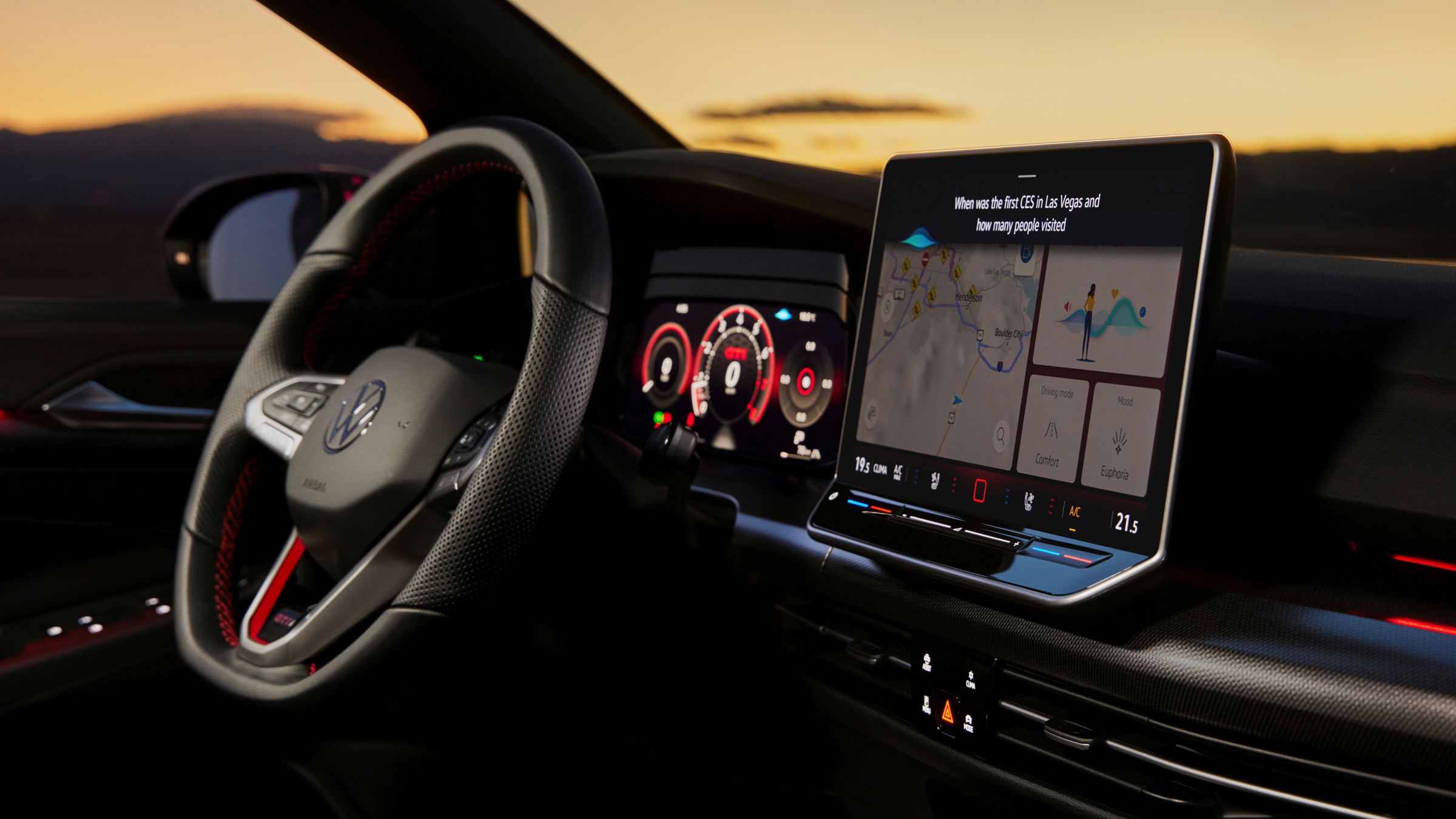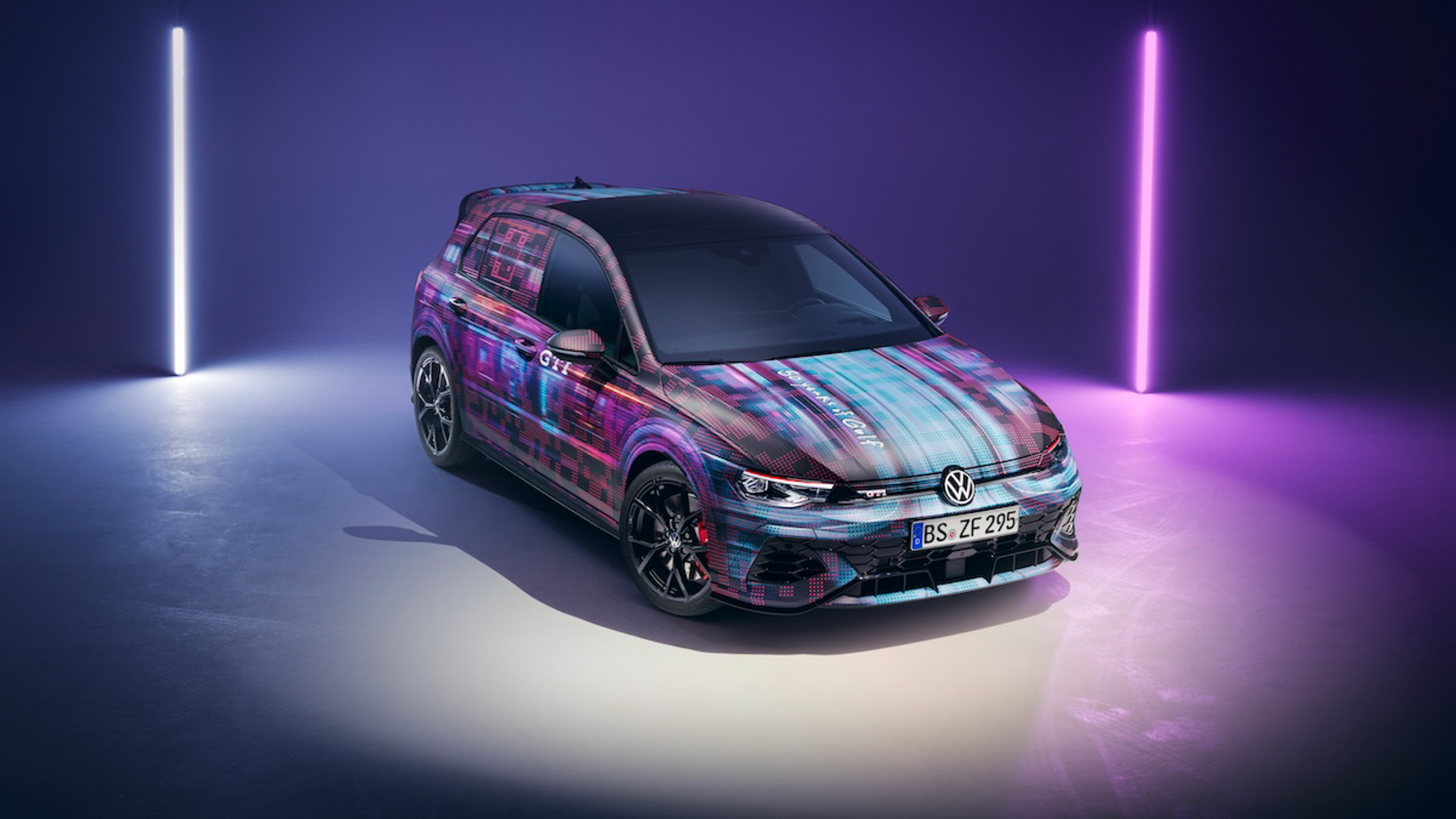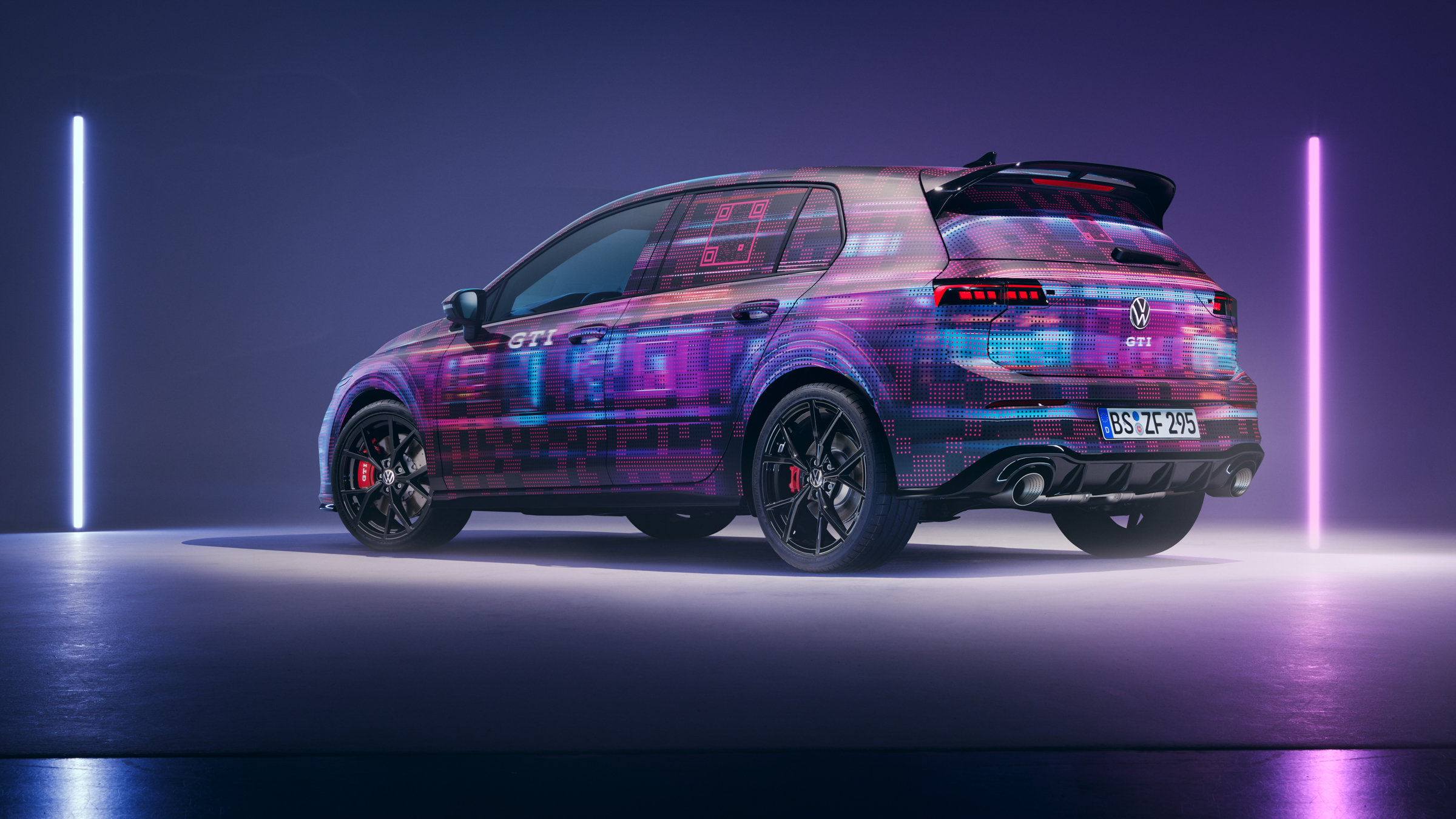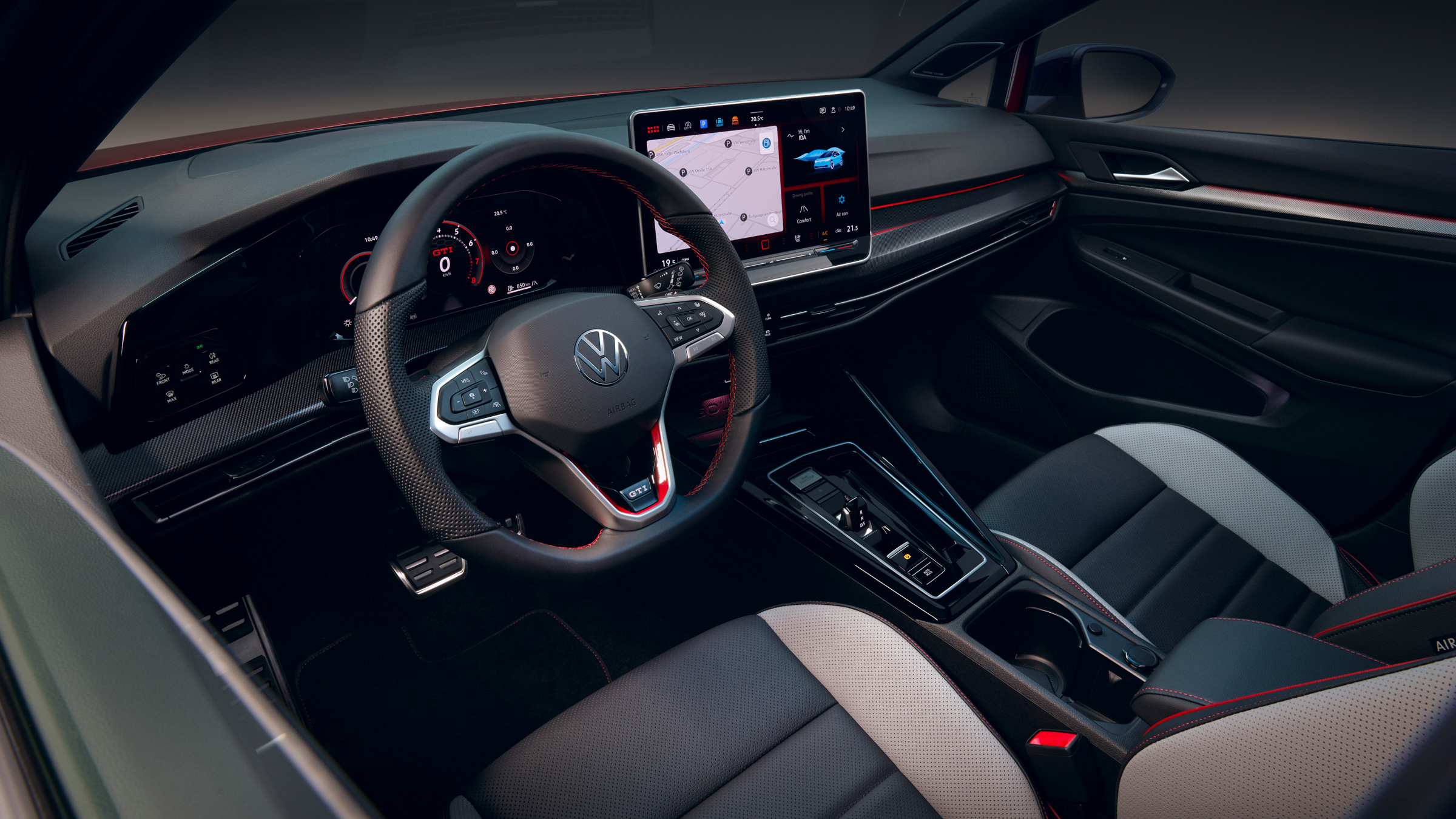Volkswagen’s ChatGPT struggled to wow me at CES, but I think its future could still be bright
Here’s how Volkswagen plans to improve the new ChatGPT powers of its voice assistant


Volkswagen kicked off CES 2024 with news that its in-car voice assistant will gain support for ChatGPT later this year. The artificial intelligence then promptly struggled to understand questions and made up a car company called Flux.
It wasn’t the best start, but we all know live demonstrations of unfinished technology are a risky business, and ChatGPT is no stranger to making mistakes. But I think VW’s work here is still worthy of your attention, and I have faith that the finished product will impress.
In-car voice control systems have improved in recent years, mostly thanks to manufacturers partnering with giants like Amazon and Google, whose Alexa and Google Assistant platforms bring the sort of intelligence that was sorely missing previously. ChatGPT – or other large language models like it – have the potential to bring an extra level of intelligence to in-car, human/machine conversation.
They can find detailed answers to almost any question, for a start. And they can understand a great deal more about what you’re trying to say; they get the intonation of your commands. Volkswagen says ChatGPT helps its IDA voice control system understand what you want when you say you’re cold, for example, or that you need to buy a new phone charger.

ChatGPT works in two ways as part of Volkswagen’s IDA system. It helps to make sense of more unusual commands spoken by the driver or their passengers. This helps the car understand that you want to increase the cabin temperature if you say “I’m a bit chilly” rather than “increase the temperature by two degrees”.
The AI is also called upon if the car’s own voice system can’t help, but it is confident ChatGPT can. In this case, your spoken question or command is fired to the cloud and the answer (still spoken by IDA’s own voice) is prefixed with “according to ChatGPT”. This is much like how Alexa states its source when serving up an answer, and lets VW distance itself from what ChatGPT says. The AI is also ring-fenced by Cerence Chat Pro, the platform running Volkswagen’s voice system, but the carmaker admits it could still be lured into saying something inaccurate.
Jan Wehmeyer, Cerence's vice president for business leads in Europe, told me at CES: “We have still the possibility, if you provoke it, that ChatGPT will start to hallucinate. But what we do is, in the answer prompt, the first words are always “according to ChatGPT”. We think this is useful to do at that point.”
Get all the latest news, reviews, deals and buying guides on gorgeous tech, home and active products from the T3 experts
What ChatGPT can do in a car is still mostly a blank canvas. Jan told me how he asked his daughter what she thought of the technology, and her response was to ask it for help with homework and, naturally, to tell her things about Taylor Swift.
Not particularly groundbreaking, you might say, but having a system ready to provide long and detailed answers to your questions, while you’re driving and can’t look at your phone, is still useful.

Wehmeyer didn’t want to give too much away, but suggested I “stay curious” and said Cerence and Volkswagen are “addressing exactly that” when I asked if the system could be used to play games on a long car drive. Again, the focus here is on keeping kids entertained rather than drivers informed, but where’s the harm in that?
For now, VW proudly says how its version of ChatGPT deletes every utterance by both the user and the AI, right after it’s been said. This is great for privacy, the carmaker says, but it takes away a huge part of ChatGPT’s intelligence; it’s ability to remember previous conversations and use earlier interactions to better understand the user’s questions. Cerence says it isn’t changing this strategy just yet, but again I’m told it’s working on a solution to bring conversation history into the fold.
Wehmeyer explained: “We’re trying to take care and to make sure the personal data of our customers is protected. The basic system is designed to protect that and that’s exactly why, after each query, it’s deleted and you cannot trace back anything. We are now evolving that, so that in the future you will have exactly that experience, so the car knows what you said and what your question was.”
I was also told how Cerence is looking to incorporate other LLMs beyond ChatGPT. “Probably we won’t rely on a single LLM like ChatGPT,” Wehmeyer said. “We could but we won’t. We could probably go then to different sources.”

Lastly, I ask if a custom GPT could be created by Cerence, Volkswagen, or any carmaker for that matter, with assistance from Open AI, the company behind ChatGPT. Creating custom GPTs is already a part of the business model, and a feature paying subscribers to ChatGPT 4.0 have access to.
Might we one day see custom GPTs from every carmaker, and is a ‘VW GPT’ on the way? “Stay curious, because we also came across that thought,” Wehmeyer said.
This could all be a flash in the pan. The demonstration presented by Volkswagen at CES this week wasn’t particularly impressive, and I gather the system has only been in development for a few short months. But, as ChatGPT – itself just over a year old – has taught us, AI systems can grow and improve very quickly, so I have faith in VW’s version getting smarter before it’s released to the public later in 2024.
Will we see a GPT for every manufacturer? The potential is certainly there, if that’s something car companies and Open AI want to pursue.
Alistair is a freelance automotive and technology journalist. He has bylines on esteemed sites such as the BBC, Forbes, TechRadar, and of best of all, T3, where he covers topics ranging from classic cars and men's lifestyle, to smart home technology, phones, electric cars, autonomy, Swiss watches, and much more besides. He is an experienced journalist, writing news, features, interviews and product reviews. If that didn't make him busy enough, he is also the co-host of the AutoChat podcast.
